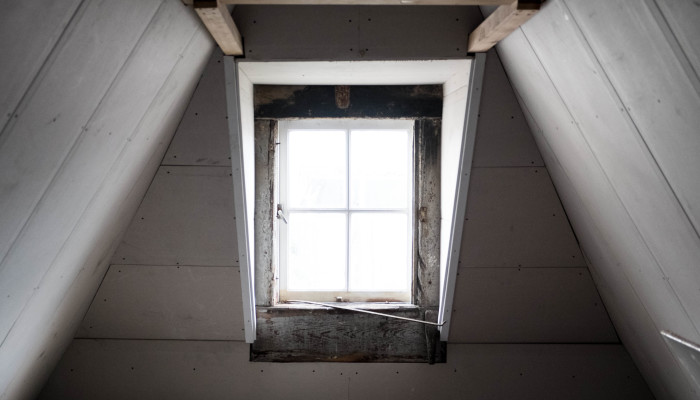(This, like many topics that I deal with concerning my clients, also hits home for me. Remembering who is responsible for change seems like a common sense concept. However, it never hurts to be reminded of the simple things. I know I appreciate it when I am reminded.)
Much of my time interacting with my clients involves talk about change. Most of the time that someone seeing me for therapy is seeking some change in their lives that they are having a difficult time in achieving. Some of our old tendencies in seeking change is to look into the external environment. We tend to seek relationships, experiences, new occupations, etc. We also might look for others to change as to make our changing easier. If only things would work out for us. However, we discover that he, or she, does not “make me feel upset” and no, we can’t “just find the perfect relationship” to make us happy. It seems we live in a socially accepted state of this reality that is actually false. People don’t prevent us from being happy, nor do they bring us happiness. In the same light, nobody can force us to change ourselves and we cannot force others to change. It just doesn’t work that way! So, we’re left with the realization that we are the sole catalyst responsible for the changes we want to see. For many people that’s a hard reality to accept. To accept this reality brings an awesome feeling of empowerment. It also brings an awareness that being in control of our change is a lot of responsibility.
If we are ultimately responsible to make the changes we seek, how do we go about doing this? Naturally, increasing our awareness of self and expanding our consciousness in our world will influence change in self. We can recognize this by seeing how we’ve changed in our lives through our experiences. As we have grown, or matured, it is because our awareness of self and our surroundings have expanded. Simply because we’ve allowed ourselves to live. Unfortunately, the experiences that come through living and are helpful for lasting change can also be painful. In fact, we can learn to embrace pain as a signal that we are encountering change. Yes, I said pain can be a good thing. Experiencing difficulties is the fastest track to lasting change.
We also might have noticed that change does not simply occur when we take in cognitive information. Even if we have all this good advice and information, we have to utilize it. We can remember as young adults, the advice of others only goes so far. First we seek to know, then we do, then we “are”. From knowing to being through doing. The key part of this transition is the “doing”. We have to act, nobody else can do that for us. Waiting for others to change or our environment to change turns out to be a waste of our time and energy. The intended effect of all of this work to change is that we become our change. Who wants to live their change through struggle? Lasting change only exists when we actually “become” it. Our actions simply become a reflection of who we are. Be patient with self. Be patient with others. Blame of others, including ourselves, does not serve our purpose of achieving lasting change. Can we balance the responsibility of our own change while holding compassion for self and others and withholding the blame?


Leave a Reply